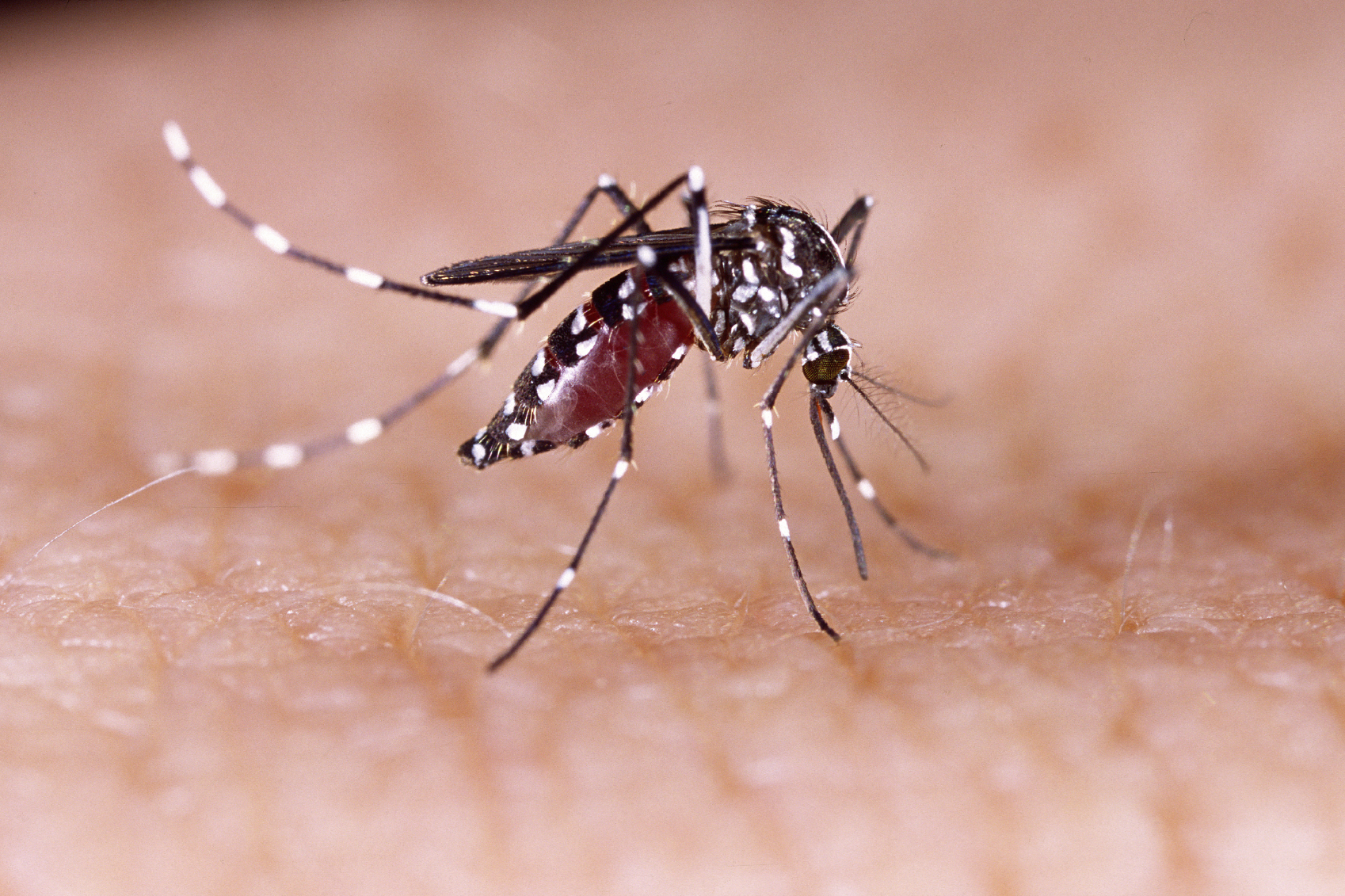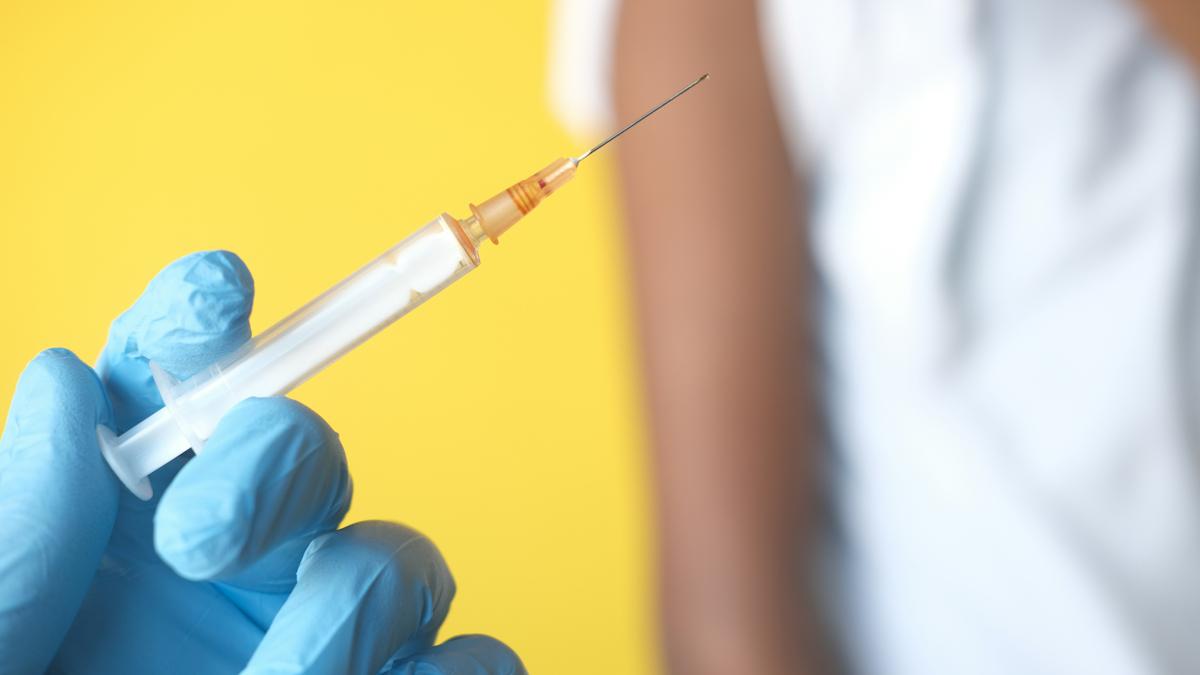Takeda gets first approval for its dengue vaccine

Japan's Takeda has secured its first regulatory approval – in Indonesia – for its dengue fever vaccine TAK-003, which has been tipped as a potential blockbuster product.
Indonesia's National Agency for Drug and Food Control (BPOM) has approved the vaccine as Qdenga to protect against the virus in people aged six to 45, on the back of data showing that it can cut dengue-related hospitalisations by 84%, with 61% protective efficacy against symptomatic illness seen up to three years after vaccination.
It isn't the first dengue vaccine to reach the market, but is free of the severe restrictions that have held back its only predecessor, Sanofi's Dengvaxia, which was cleared for marketing in 2015.
Dengvaxia can only be used in seropositive children aged 9 to 16, after it emerged that it could cause more serious illness in those who were seronegative – i.e. they have not been infected with the virus before – relegating it to niche status.
Dengue fever is unusual in that a first infection is rarely serious, but a second can lead to much more serious disease. Shortly after launch Sanofi was forced to pull Dengvaxia off the market in the Philippines, where publicly-funded rollout of the shot had been started, after deaths were seen in vaccinated children.
Qdenga has been approved for use regardless of prior dengue exposure, so can be prescribed without the need for pre-vaccination testing, said Takeda.
Indonesia has experienced almost half of the dengue disease burden within Southeast Asia and continues to suffer from one of the highest burdens of dengue in the world, according to the drugmaker.
In the first half of this year, the country reported over 63,000 dengue cases and nearly 600 deaths from the virus. Dengue makes most people it infects seriously ill. Symptoms often include severe joint pain, vomiting, severe rashes, and a high fever.
Takeda has also filed for approval of TAK-003 in the EU and some other markets where the potentially deadly mosquito-borne disease is endemic, and is due to submit it to the US FDA in the coming months.
"Dengue can affect anyone living in or traveling to endemic areas – regardless of age, health and socio-economic circumstances," said Gary Dubin, president of Takeda's vaccines business unit.
"Developing this innovative dengue vaccine has been an exciting challenge, and its approval in Indonesia is an important achievement for Takeda and for public health," he added.
Qdenga is also the first of the company's vaccine products to be marketed outside Japan.













